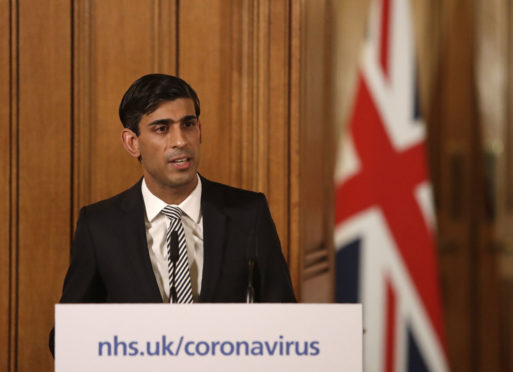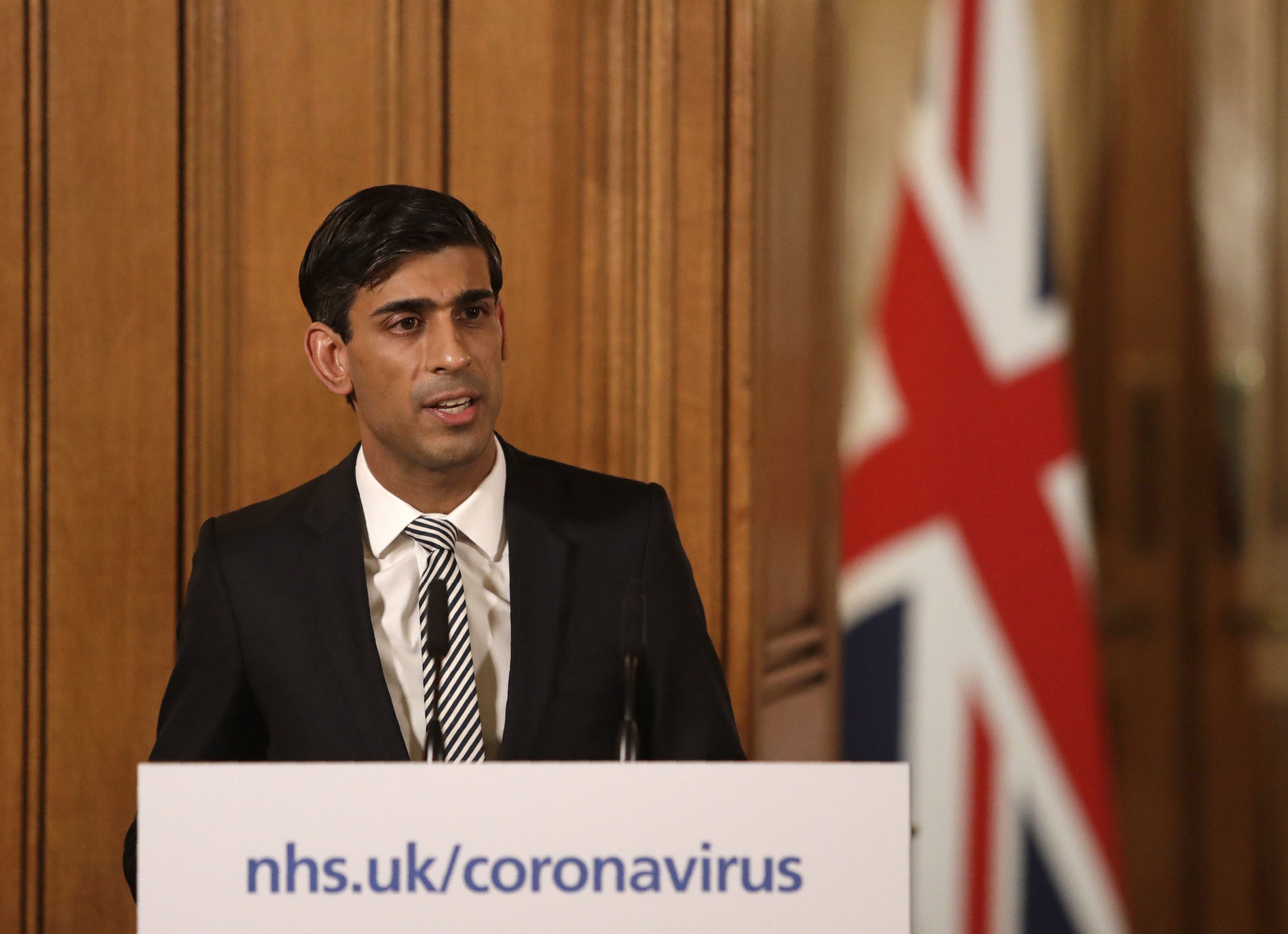At present, our nation is not only under physical attack by a deadly unseen enemy but also a psychological one.
I can think of no more effective way to break down the collective resolve of a nation than to isolate its people and release a steady stream of negativity that will inevitably infect the mental resilience of the populous.
I do not intend this to become another wearisome column about the ‘c’ word but one about how we, as a nation, have responded politically, economically and socially to this crisis.
On a political level, I believe both our First Minister and Prime Minister have acted diligently, even as Boris Johnson announced that he himself had tested positive.
That said, I am uneasy about proposed legislation that restricts freedom, more power being given to police to enforce lockdowns or when the London mayor says that “our human rights need to be curtailed”.
Surely a public health emergency requires a public health response rather than a criminal justice one?
For instance, the US government implemented legislation after the terrorist attacks in 2001 that restricted civil liberties and was never rescinded but if legislation is used in unique circumstances on a time-limited basis to preserve life, then I accept there is a case.
On an economic level, Rishi Sunak has shown his fortitude as Chancellor by investing tens of billions in an “emergency package” for both the employed and self-employed.
Sixteen months ago, US economist Lawrence Summers wrote in the Financial Times that “financial markets [suggest] a recession is significantly more likely than not in the next two years.”
In less than one week, more than 500,000 new applications for Universal Credit have decimated the Government’s much lauded low unemployment figures, and job centres across the country, including in Dundee, have closed despite a DWP spokeswoman having said: “In these unprecedented times, it’s right that we prioritise front line services.”
It is hard to do that if they are shut to those who most need them.
On a social level, we have seen the way in which people pull together during lean times in an outpouring of what my friend and fellow columnist Chris Creegan called “a wellspring of community”.
For instance, the UK Government announced its NHS volunteer programme calling upon 250,000 people to sign up.
In less than 24 hours, more than 400,000 responded and the number continues to soar.
As the likelihood of now avoiding a deep recession is unlikely, we must remember that it will not be City of London bankers, the US housing bubble or the Lehman brothers to blame this time.
On this occasion, it is an invisible enemy that, like the biblical plague of locusts, has consumed our resources and potentially heralded in another era of bitter austerity.
I am an optimist but, this time around, I am sad to say that the worst is yet to come.

